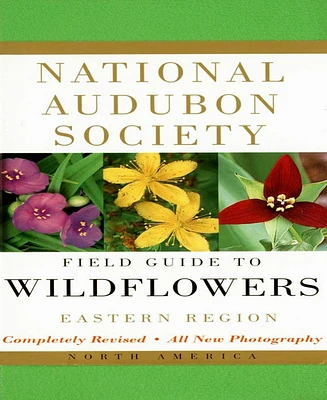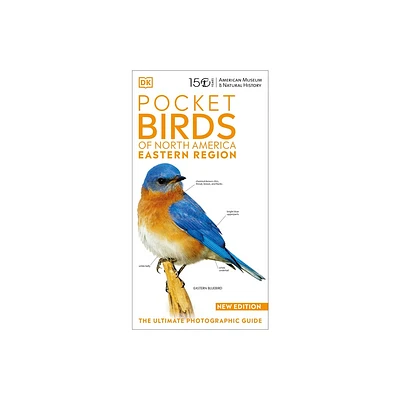Home
Women Writing Africa: The Eastern Region
Loading Inventory...
Barnes and Noble
Women Writing Africa: The Eastern Region
Current price: $29.95


Barnes and Noble
Women Writing Africa: The Eastern Region
Current price: $29.95
Loading Inventory...
Size: OS
*Product Information may vary - to confirm product availability, pricing, and additional information please contact Barnes and Noble
A pioneering work of cultural reclamation more than a decade in preparation,
Women Writing Africa, Volume III: The Eastern Region
collects more than a 100 texts dating back to 1711, each introduced with short notes. In the 1960s, the five countries representedKenya, Malawi, Tanzania, Uganda, and Zambiaachieved independence. Women made historic contributions in the resistance struggles and later during the process of development, as entries from activists and eloquent members of parliament attest.
The volume boasts entries of uncommon historical interest including two rare texts by former slave women; a 1711 letter written by a woman who ruled a large Muslim domain; a mid-19th-century Muslim epic poem, freshly translated; a Christian hymn dating to 1890; and a memoir by a Mau Mau general. The 2004 Nobel Peace Prize Lecture by Wangari Maathai, the first environmentalist and the first African woman named a Nobel laureate, concludes the volume.
While Kiswahili is the dominant language of the region, along with English, thierty-one other languages have been translated for the volume. Motherhood, education, religion, workforce participation, widows’ rights, prostitution, polygamy, circumcision, rebellion, and HIV/AIDS are some of the subjects examined in fiction, poetry, letters, journalism, oral histories, speeches, and historical documents spanning three centuries.
Women Writing Africa, Volume III: The Eastern Region
collects more than a 100 texts dating back to 1711, each introduced with short notes. In the 1960s, the five countries representedKenya, Malawi, Tanzania, Uganda, and Zambiaachieved independence. Women made historic contributions in the resistance struggles and later during the process of development, as entries from activists and eloquent members of parliament attest.
The volume boasts entries of uncommon historical interest including two rare texts by former slave women; a 1711 letter written by a woman who ruled a large Muslim domain; a mid-19th-century Muslim epic poem, freshly translated; a Christian hymn dating to 1890; and a memoir by a Mau Mau general. The 2004 Nobel Peace Prize Lecture by Wangari Maathai, the first environmentalist and the first African woman named a Nobel laureate, concludes the volume.
While Kiswahili is the dominant language of the region, along with English, thierty-one other languages have been translated for the volume. Motherhood, education, religion, workforce participation, widows’ rights, prostitution, polygamy, circumcision, rebellion, and HIV/AIDS are some of the subjects examined in fiction, poetry, letters, journalism, oral histories, speeches, and historical documents spanning three centuries.


















